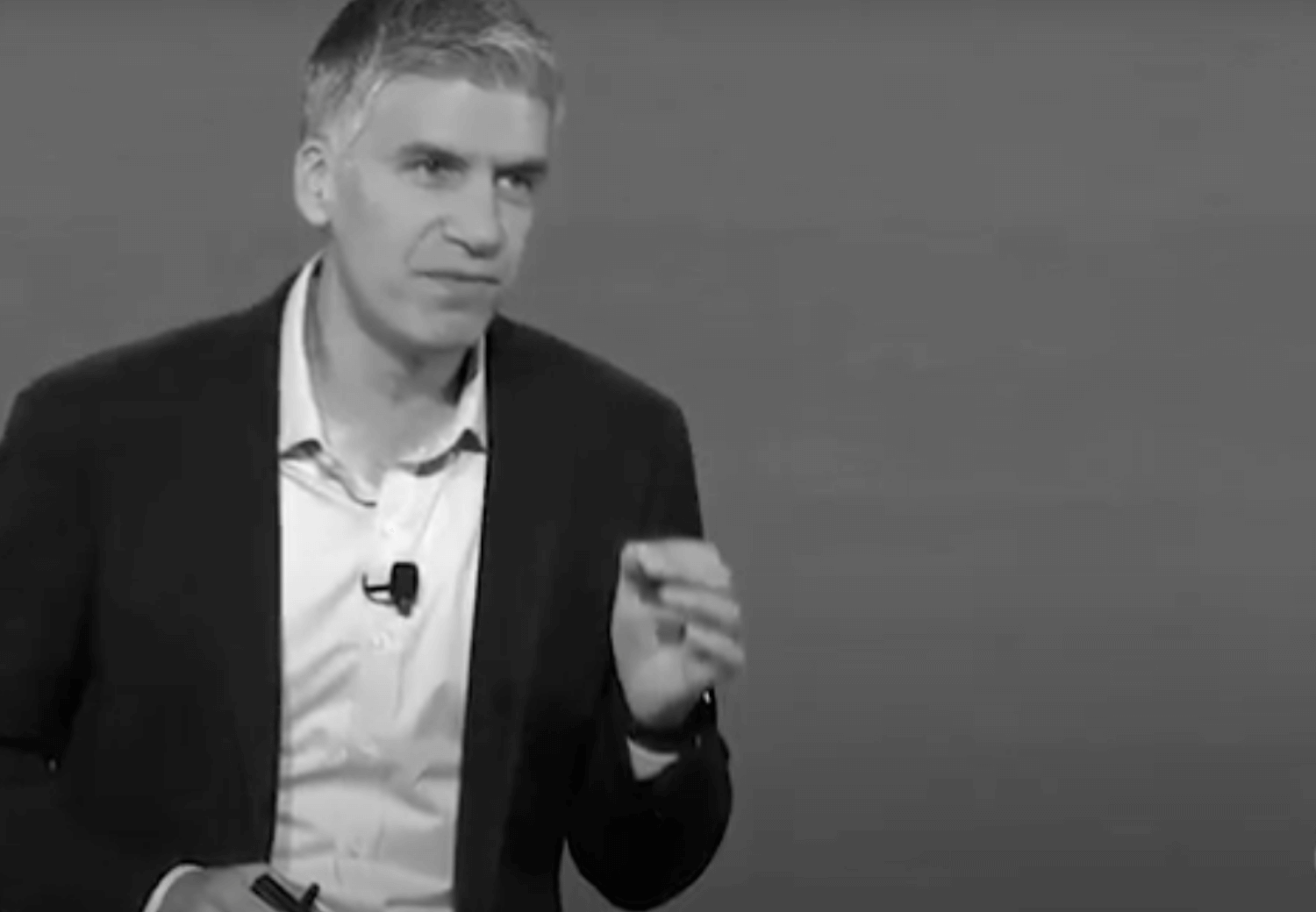Proving the Skeptics Wrong
04.27.22
Rami Rahim loves an underdog story. When he joined Juniper Networks in 1997, it was still a startup working on its very first product. Rami says during that time customers were quite conservative and not as willing to try new technologies. But he was intent on proving the skeptics wrong; it all started when he determined that his team at Juniper had what it takes to win.
Summary:
Rami Rahim loves an underdog story. When he joined Juniper Networks in 1997, it was still a startup working on its very first product. Rami says during that time customers were quite conservative and not as willing to try new technologies. But he was intent on proving the skeptics wrong; it all started when he determined that his team at Juniper had what it takes to win.



